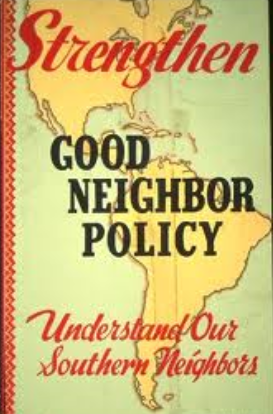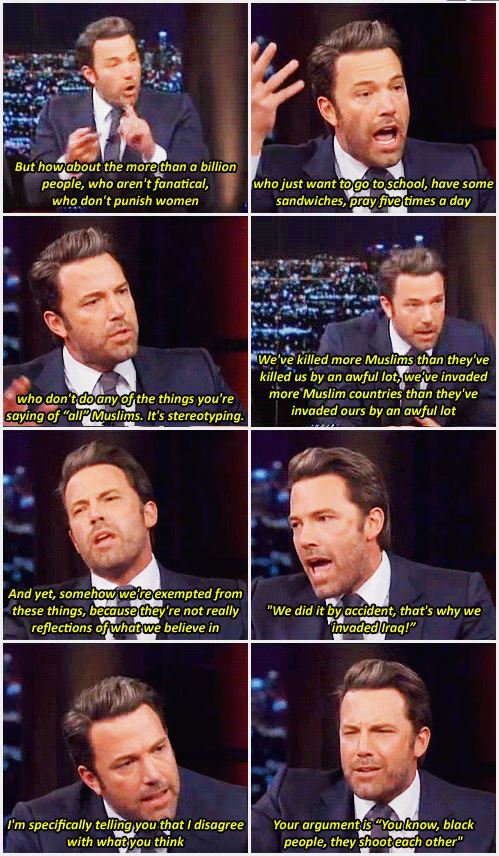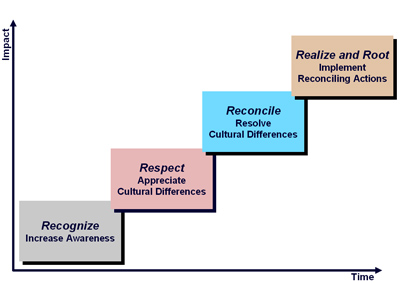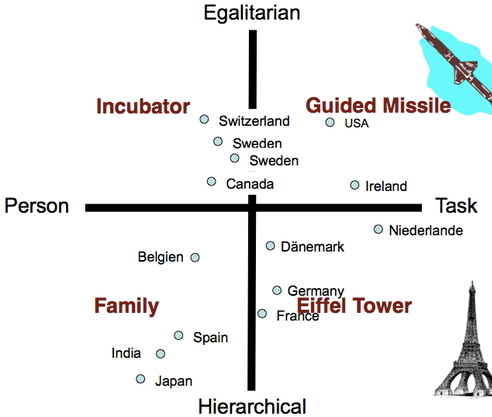Brazil gained its independence in the 1800’s. It became a true federal republic after the military rule ended peacefully in 1985. Central America countries have been controlled by political and military powers which for many decades which have failed. In 1990 the military dictatorship was replaced by a new president, Fernando Cardoso. During his term he created many economic and social reforms which are still in place today. The only way these countries can survive is by working together to overcome poverty, illiteracy, and violence. Local business leaders and global managers have succeeded in raising the standards and quality of living.
The Federative Republic of Brazil is Latin America’s largest economy. Brazil is the largest country in Latin America and fifth largest in the world. According to bbc.com, Brazil’s economy unexpectedly notched up a growth rate of 0.7% in the last quarter of last year. (No Author, bbc.com, 2014) This was a surprise even for the government due to the economy shrinking in 2013. Many economists had expected it to shrink again and fall into recession. There is a 6.3% jump in investment this year which will give Brazil businesses the confidence in returning the marketplace. (No Author, bbc.com, 2014) The country has maintained policies that control inflation and promote economic growth. The U.S. was Brazil’s second largest source of imports, accounting for 15% of total imported goods. (No Author, export.gov, 2014) Brazil’s economic growth consists mainly of agricultural and industrial exports. It is the world’s biggest exporter of sugar, chicken, beef, and coffee. Brazil Industry is developing at a fast pace and is enhancing the country. Major Brazil Industry is iron and steel, chemicals, petroleum, automobile assembly and cement making.
Surface level diversity affects the demographic differences that set U.S. and Brazil apart. This diversity between the U.S. and Brazil has market challenges as well as effective business relationships. Brazil has a large and diversified economy that offers U.S. companies many opportunities to partner and to export their goods and services. Doing business in Brazil requires intimate knowledge of the local environment, including both the direct as well as the indirect costs of doing business in Brazil.
Success in Brazil’s business culture relies heavily upon the development of strong personal relationships. According to Moran, one of the biggest mistakes that one can make is by assuming what works in one country could work in another.(Moran, 2014) For instance something as simple as greeting one another with a handshake could be misconstrued or taken as an insult. Brazilians are friendly people that hug and kiss to show their warmth and affection. If one didn’t take the time to better understand the culture it may potentially lead to a negative business situation. In most cases, U.S. firms need a local presence and should invest time in developing relationships through frequent visits to Brazil.
The concept of low and high context communication styles involves both verbal and nonverbal communication aspects. Brazilians are lower context people while U.S. and northern European countries are high context. Brazilians tend to use words profusely and at times disconnect their feelings. Although Portuguese is the official language there are many distinct dialects within different parts of the country that cause verbal noise to the encoder. At times the nonverbal forms of communication will carry more weight than actual words. For example Brazilians are touchy and make eye contact as means of communication. If one is of the same status of the Brazilian then they make direct eye contact throughout the conversation while someone in lower status will keep their head down and make very little eye contact. There are many common cultural characteristics that can cause issues and ruin relationships. Moreover, there are many barriers that could pose threats so it is wise to learn all the language barriers as well as other formal and informal cultural differences.
References:
No Author, Brazil’s economy grows at twice the rate expected. Date Retrieved: October 18, 2014., http://www.bbc.com/news/business-26368704
No Author, Doing Business in Brazil. Date Retrieved: October 18, 2014., http://www.export.gov/brazil/doingbusinessinbrazil/index.asp
Moran, R. T., Harris, P. R., & Moran, S. V. (2011). Managing cultural differences: Leadership skills and strategies for working in a global world. New York: Elsevier.







![Mormon-Modesty-Meme[1]](https://sites.psu.edu/global/wp-content/uploads/sites/7522/2014/10/Mormon-Modesty-Meme1-580x464.jpg)







